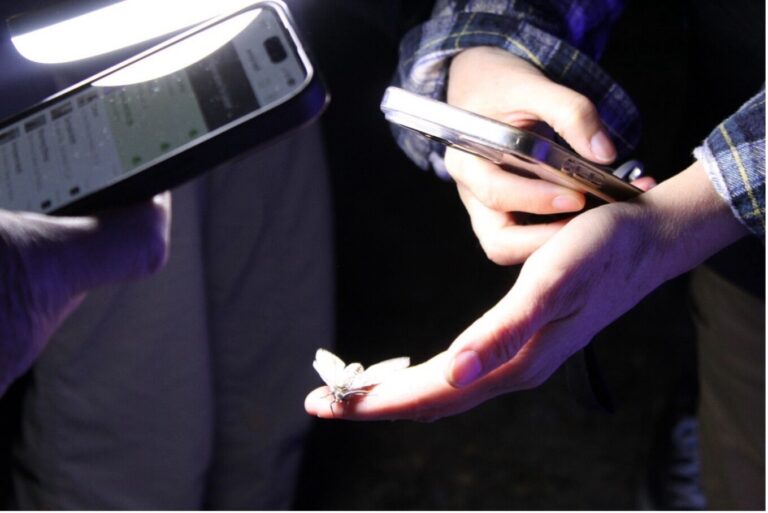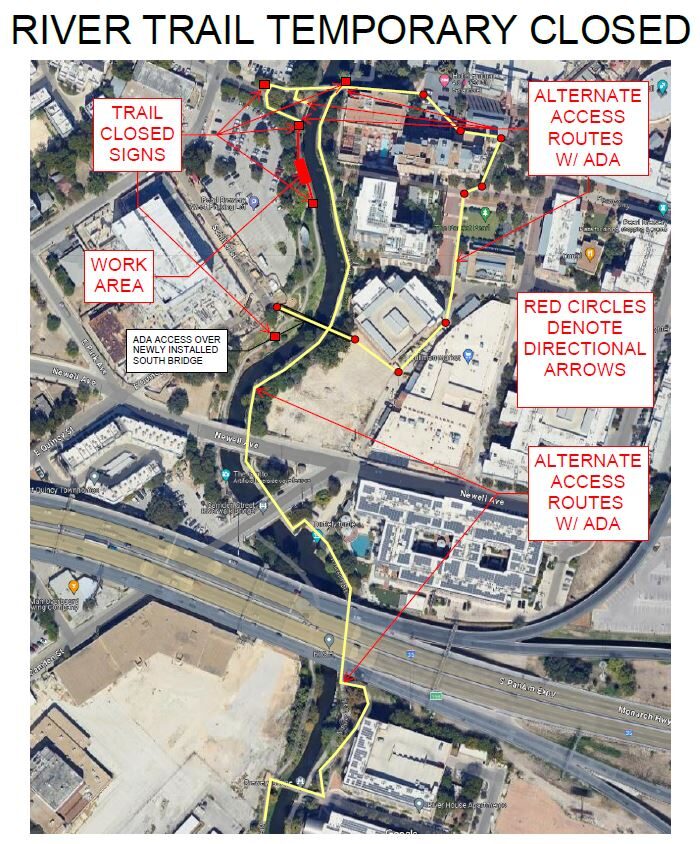New report shows zero detection of Zebra Mussels found in local waterways
SAN ANTONIO – The San Antonio River Authority (River Authority) recently received results from routine Zebra Mussel monitoring conducted in November 2021 at Calaveras and Braunig Lakes. No juveniles were detected, and environmental DNA (eDNA) analysis was negative. This data comes from a collaborative effort between the River Authority, CPS Energy, and Texas Parks and Wildlife to monitor both Braunig and Calaveras Lakes for the presence or absence of zebra mussels.
Zebra mussels multiply rapidly and are easily carried to other waterways by boats and equipment. The mussel’s few natural predators in Texas waterways have little effect on their spread. Infested streams and lakes have reported colonies of zebra mussels taking over habitats and nutrients from native fish and freshwater mussel colonies. They can also interfere with recreation and wreak financial havoc on infrastructure. The River Authority’s Aquatic Biologists continue to monitor the San Antonio River for zebra mussel detections.
Transporting zebra mussels, among other prohibited invasive species, is illegal in the State of Texas. TPWD and River Authority require both motorized and non-motorized boat recreationalists to do the following:
1. Clean your watercraft, anchor, trailer, and gear. Remove any plants, animals, or foreign objects.
2. Drain all water from your watercraft and completely empty your bait buckets to rid them of possible microscopic zebra mussels and larvae.
3. Dry everything for a week or more before entering another water body. If unable to dry it completely, wash it with high-pressure, hot (140° F), soapy water.
The public is also encouraged to help stop the spread of zebra mussels by reporting sightings to both the River Authority and TPWD. To do so, contact the River Authority’s Environmental Investigations team online or by calling 866-345-7272, and TPWD reporting system found on their Stop Invasives webpage. The public may also get more information on zebra mussel sightings from the Nonindigenous Aquatic Species (NAS) website. NAS is an information resource for the United States Geological Survey and provides scientific reports, online/realtime queries, spatial data sets, regional contact lists, and general information.
For further information, visit the Public Services section at sariverauthority.org to learn more about our Environmental Investigations team and look for our Education section to learn more about the San Antonio River Watershed




